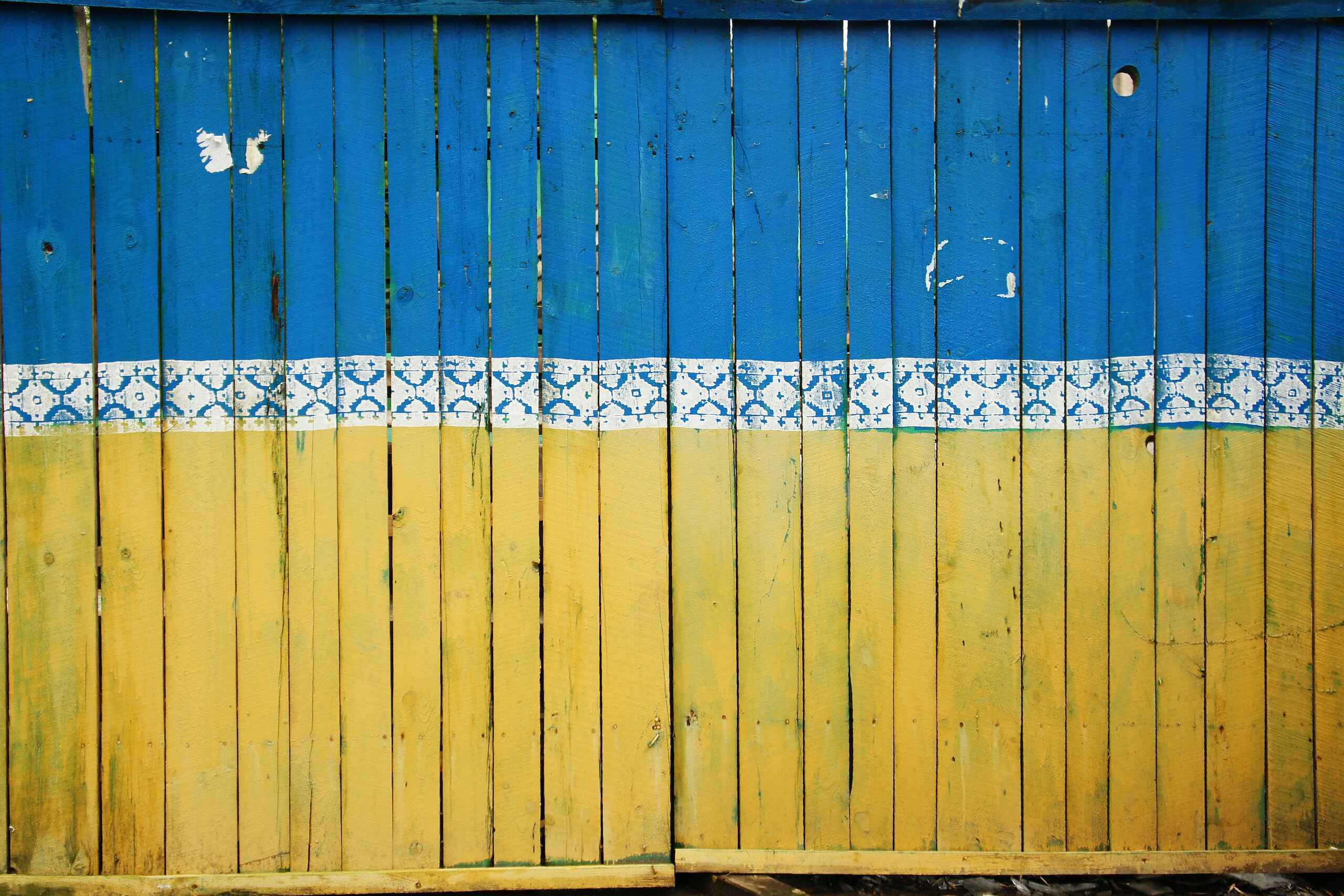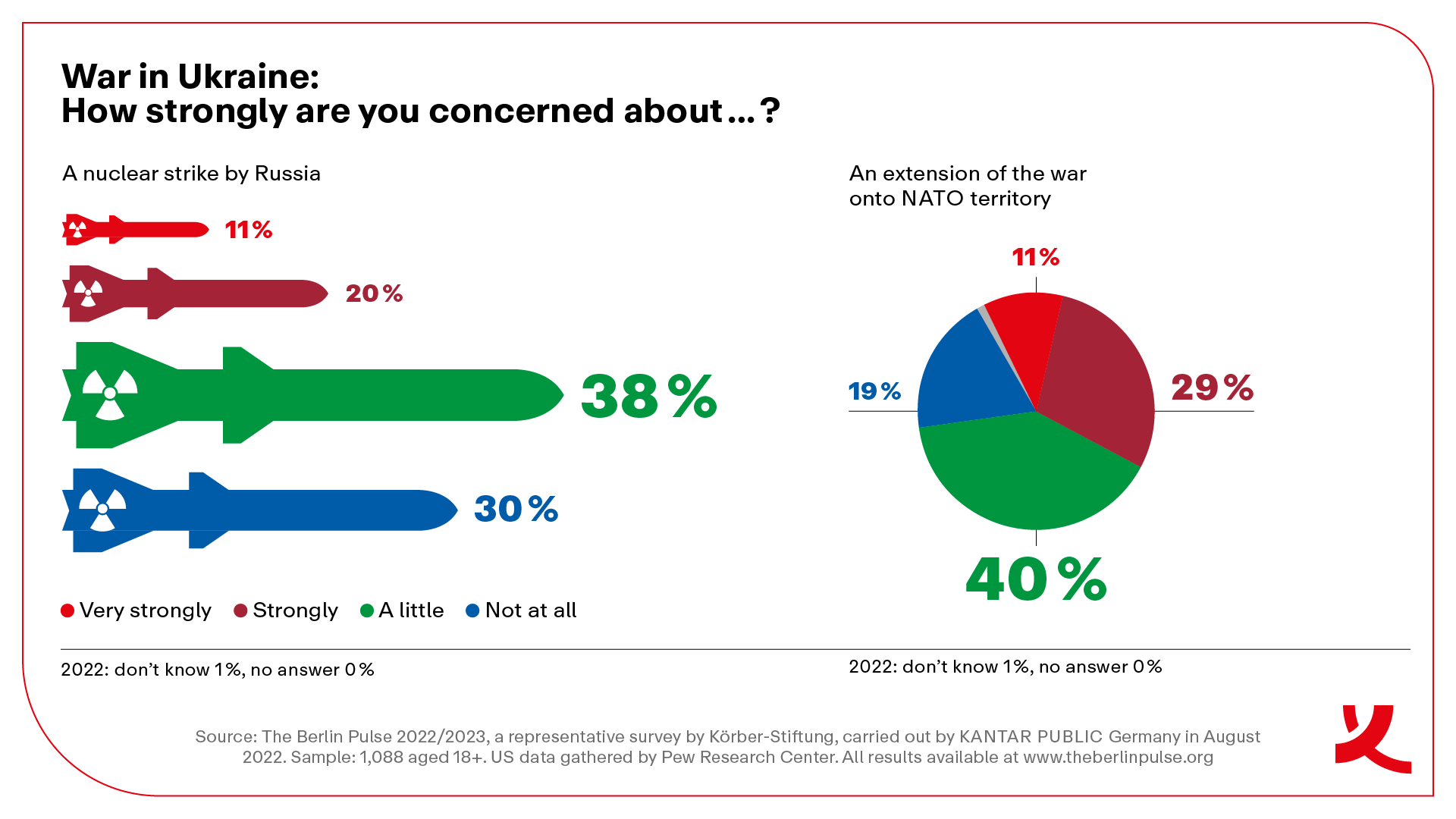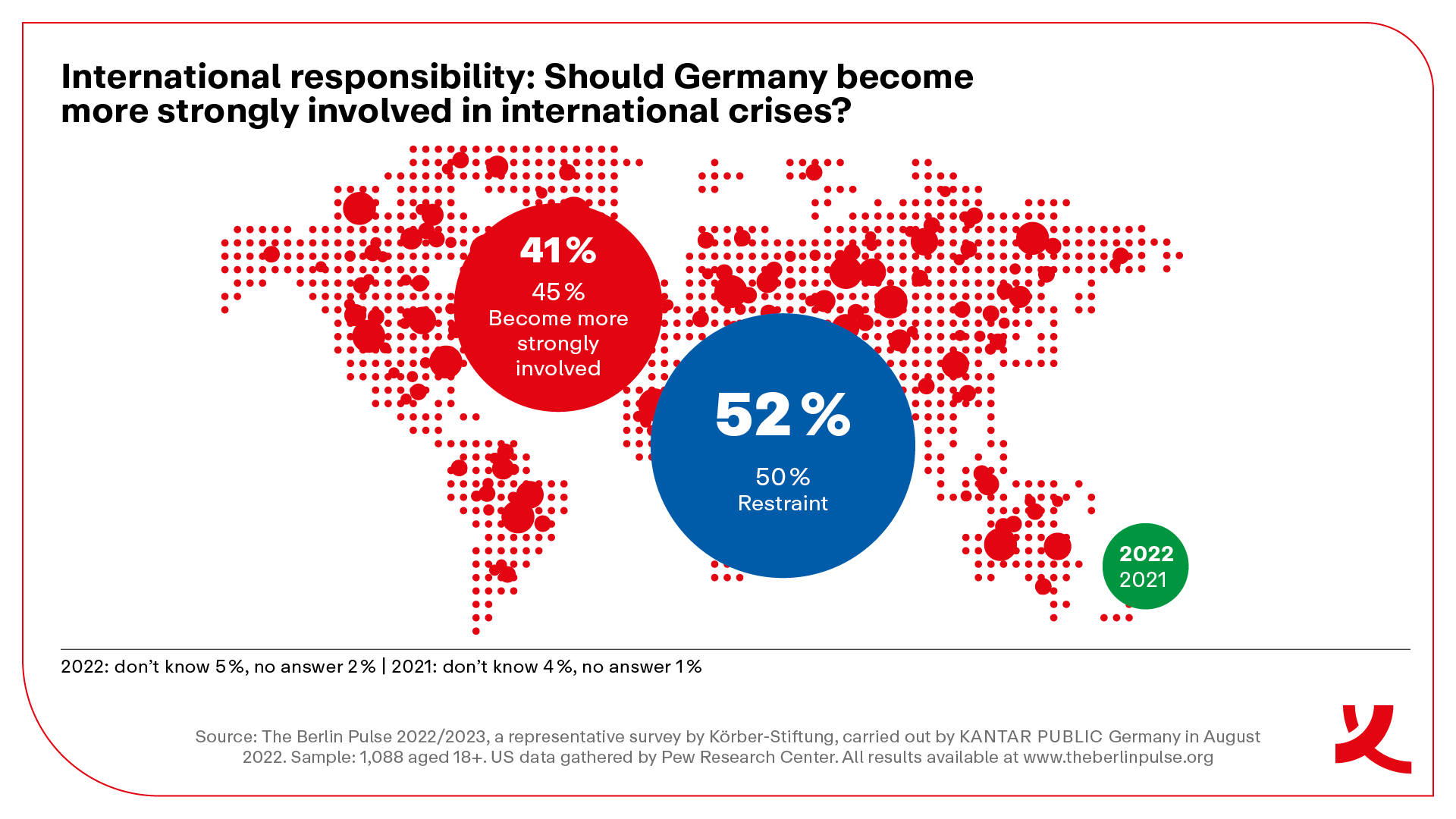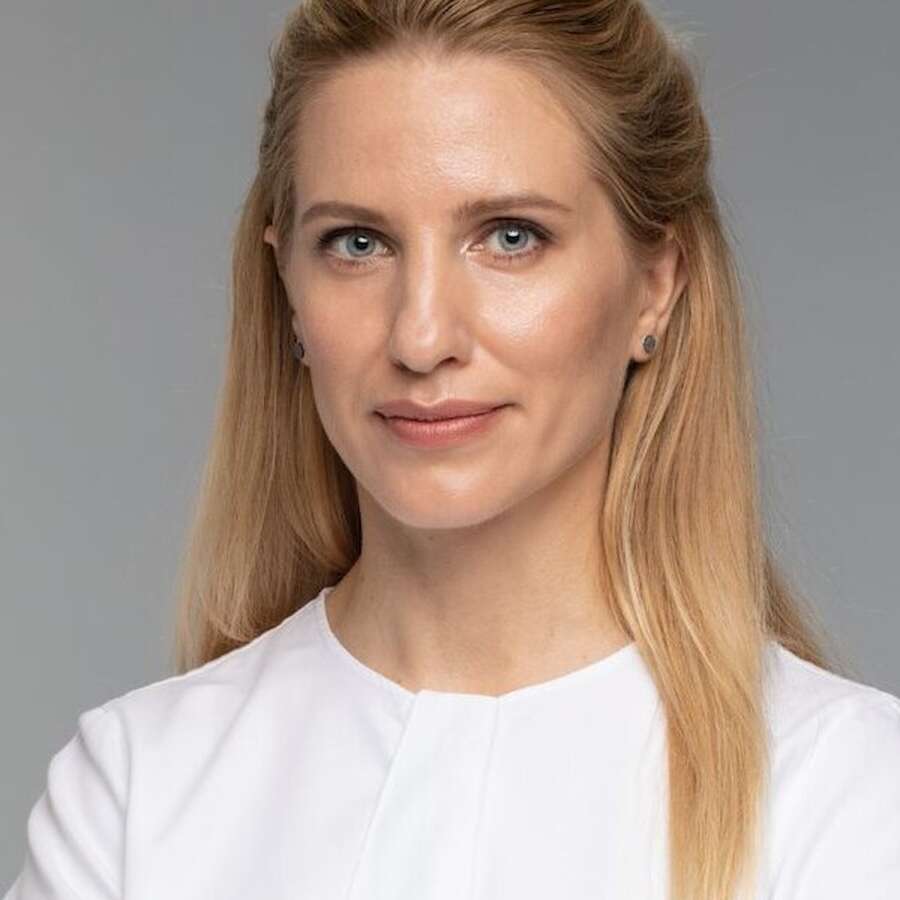
Foto: Foto: unsplash/Tina Hartung
‘The war shows that civil society means responsibility as a citizen’
Former Ukrainian member of parliament, government advisor and activist Svitlana Zalishchuk on women in war, Europe’s failed Russia policy and hopes for a post-war Ukraine
Körber-Stiftung: Ukraine’s civil society is seen by many as the driving force for the reforms that happened since the Euromaidan protest in 2013 and 2014. What role does it play in the war?
Svitlana Zalishchuk: I think there would not have been such mobilization and capacity for territorial defence now without this experience during Euromaidan. US intelligence predicted that Russia would take over Ukraine in three days. It did not happen thanks to the resistance of the Ukrainian army. But we cannot underestimate the role of people on the ground who immediately joined the military forces or organized territorial defence units.
So, the involvement of civil society is mainly about support for the military forces?
The support also focuses on logistics, food supply and other humanitarian aspects. For example, to ensure that the Internet is working so people can communicate. This was a matter of survival. We often think about NGOs and analytical work when we say civil society, but the war shows that it basically means the responsibility you take as a citizen to make sure that your country is stable, secure and going into the right direction.
What is the role of women in the war?
More than a million men went to fight on the front line. This means that the responsibility to take care of family and household rests on women alone. In addition, many women volunteer to deliver food, humanitarian assistance and medication, or to help to produce special goods needed by the army. Also, many women who had to flee engage with governments, parliaments, local civil society organizations and media outside of the country. They are civilian ambassadors to put Ukraine high on the international agenda, to counteract fake news and Russian propaganda, and to keep our partners informed and engaged.

What factors are crucial for Ukraine to win this war, apart from arms deliveries?
Arms deliveries! This war cannot be won in the information sphere or diplomatically. There will be negotiations sooner or later but the war will be solved on the battleground. And the quantity of weapons and military equipment as well as the speed of their delivery is crucial. A second factor is unity on sanctions. I disagree that sanctions are not working. Russia’s economy is suffering. And sooner or later this will pressure the government to negotiate because it will have to say something to Russia’s people. A third important factor is that Ukraine ranks high on the international agenda. This war is neo-colonial and should trigger solidarity and understanding especially in Asia, Africa and Latin America, but we have been less successful in finding allies there than in the democratic West.
What should Germany do differently in its energy policy, considering past mistakes?
First, Germany has to deal with immediate challenges, such as the upcoming winter. It will be a very tough one for Europe with the deficit of gas, unprecedented high prices for energy and the threat of the energy issue dividing countries. Diversification and saving energy are two measures as well as ensuring the support of the public to go through this winter securely. And Germany must delay the implementation of its climate-neutrality policy. It must take a step back to deal with the current situation.
And after the winter?
Investing as much as possible in renewables to ensure self-sufficiency and to stop filling Russia’s budget. At the moment, Europeans are paying twice. First, for their energy and then to support the Ukrainian government, which is currently not able to cover all its expenses.
Would you say that the image of Germany has changed in Ukraine since the invasion?
Since the beginning of the war, we are seeing a change of the German position on several fronts. Ukrainians appreciate this. At the same time, I think that Ukrainian society feels that there is not enough leadership coming from Germany, one of the strongest countries in the world. Berlin delayed the fulfilment of several promises, especially regarding the delivery of heavy weapons. In the end, this is one of the historic moments when leaders will be judged not only on what they have done, but also on what they have not.

You promoted the vision of a new Ukraine as an activist during Euromaidan. What are your hopes for a post-war Ukraine?
First, our hope is that the war will be over as soon as possible and that people stop dying. Seeing all the atrocities leads to a trauma incurable for decades. About the destiny of the country, hopes have not changed much. Ninety per cent of the population want to be part of the Euro-Atlantic community and we believe that we deserve to join the EU and NATO. Ukraine has emerging-country potential, especially in agriculture but also information technology. To make use of it, we need our human capital back. Since the invasion one-fifth of Ukrainians have left the country.
The EU accession process can take decades. Why was it still an important step to get candidate status now?
It is a very symbolic act for us. We feel that we are dying but that there is a perspective for our children. We are fighting for something very valuable. We will not be some buffer state between Europe and Russia but part of the European community.
Svitlana Zalishchuk was member of Ukraine’s parliament and an advisor to the prime minister. She currently serves as advisor to the chief executive officer of Ukraine’s energy company Naftogaz.
